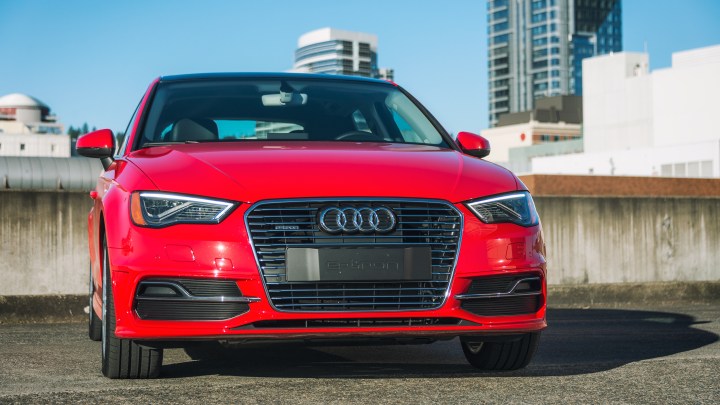
In an interview with Heilbronner Stimme, Stadler also said the car company would have three all-electric cars by 2020, including an A-series model. As part of the push to electrifying vehicles, Audi will cut back on some model and engine variations to reserve investment for e-cars.
“We have discussed what would happen if we dropped the two-door version of the A3. I think we would barely lose any customers. We’d rather invest the money that is freed up in new models and other derivatives,” Stadler said, according to Just-Auto .
In addition to electric cars, Audi plans to create a subsidiary called SDS Company to build a truly autonomous car. Audi isn’t planning to go the autonomous route by itself but is seeking joint-venture partners in developing self-driving technology. And Stadler isn’t talking about Autopilot or assist-style vehicle autonomy, but entirely driverless cars.
“This is about a robot car that may not even need a steering wheel or pedals, so it’s ideal for urban traffic,” Stadler said.
Fuel-cell cars are also in Audi’s future, but with less immediacy than electric and autonomous vehicles. The lack of current support infrastructure rules out any sense of urgency for fuel cells, but the company said such cars are “a must.”
Audi technical development chief Stefan Knirsch recently told newspaper Stuttgarter Zeitung that fuel-cell vehicle production won’t start earlier than 2020. Audi developed the first VW Group fuel-cell vehicle, the A2, in 2002 and the subsequent A7 Sportback H-tron. The company will not take a fuel-cell car to market until there are sufficient hydrogen filling stations. Knirsch said the German government has proposed a minimum of 400 hydrogen stations by 2023.



